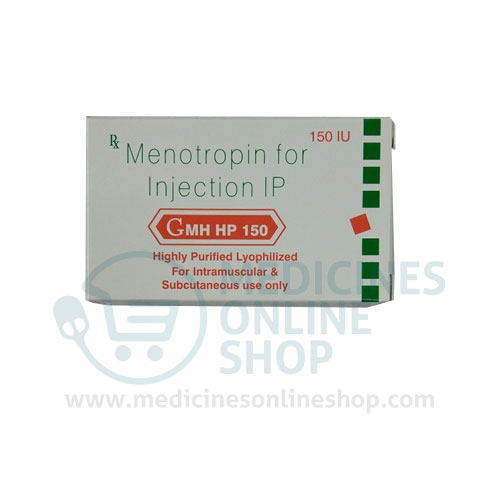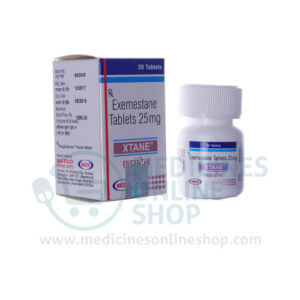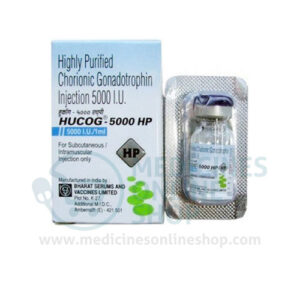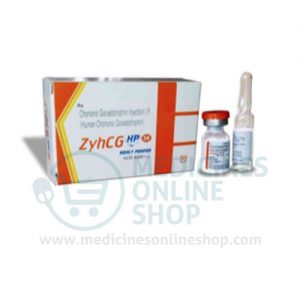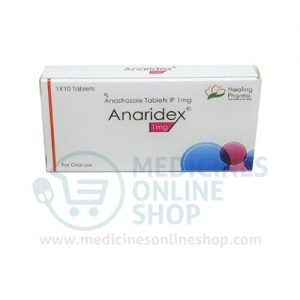HMG
Storage/Stability
Store at 3°C to 25°C (37°F to 77°F). Protect from light.
Adverse Reactions
Adverse effects and incidences may vary according to specific product, indication, dosage, or route of administration.
>10%: Genitourinary: Multiple gestation (35%)
1% to 10%:
Central nervous system: Headache (5% to 6%)
Endocrine & metabolic: Ovarian disease (3% to 8%), ovarian hyperstimulation syndrome (2% to 7%)
Gastrointestinal: Abdominal pain (5% to 7%), nausea (4% to 7%), abdominal cramps (3% to 7%), enlargement of abdomen (2% to 6%), gastrointestinal fullness (≥5%), vomiting (3%), diarrhea (2%)
Genitourinary: Vaginal hemorrhage (3% to 8%), pelvic pain (1% to 3%), breast tenderness (2%), ectopic pregnancy (1%)
Infection: Infection (1%)
Local: Injection site reaction (2% to 8%), swelling at injection site (1% to 8%), pain at injection site (≤4%), inflammation at injection site (2%)
Respiratory: Dyspnea (1% to 2%)
Frequency not defined:
Cardiovascular: Tachycardia
Central nervous system: Dizziness
Dermatologic: Rash at injection site, skin rash
Endocrine & metabolic: Ovarian cyst, ovary enlargement
Hematologic & oncologic: Hemoperitoneum, ovarian neoplasm
Hypersensitivity: Anaphylaxis
Local: Irritation at injection site
Respiratory: Flu-like symptoms, tachypnea
Miscellaneous: Fetal abnormality, ovarian torsion
<1%, postmarketing, and/or case reports: Abdominal distention, abdominal distress, acne vulgaris, acute respiratory distress syndrome, angioedema, atelectasis, cerebrovascular accident, embolism, facial edema, fatigue, hot flash, hypersensitivity reaction, laryngeal edema, local tissue necrosis, lower abdominal pain, malaise, occlusion of cerebral arteries, occlusive arterial disease (may result in loss of limb), pulmonary complications, pulmonary embolism, pulmonary infarct, thromboembolism, thrombophlebitis (includes venous), thrombosis
